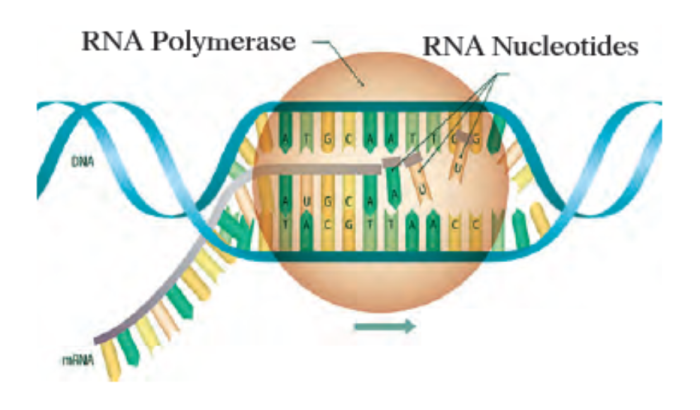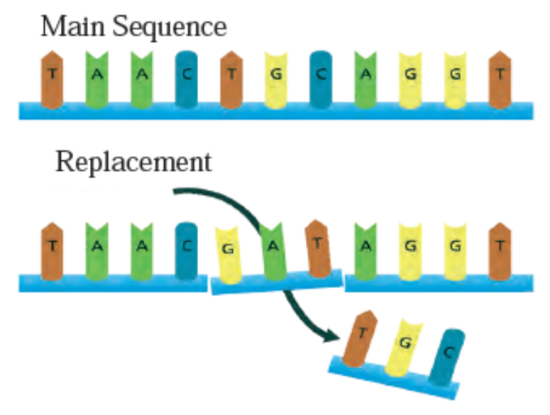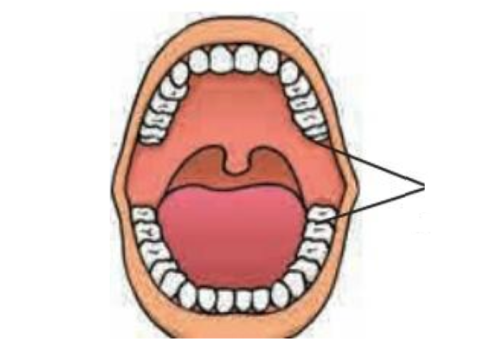1) l am a connecting link between reptiles and mammals. Who am I ?
Ans. Duck billed platypus
2) Who is the pioneer of modern genetics ?
Ans. Gregor Johann Mendel
3) Which process is shown in the following diagram ?

Ans. Transcription
4) In which book Darwin had published his theory of Natural selection ?
Ans. Origin of Species
5) Which process is shown in the diagram given below?

Ans. Mutation
6) Name the parts shown in the diagram.

Ans. Wisdom teeth
7) Hormones related to male reproductive system.
Ans. Testosterone, Luteinizing Hormone (LH), Follicle Stimulating Hormone (FSH)
8) Modern technologies in reproduction.
Ans. In Vitro Fertilization (IVF), surrogacy, sperm banks
9) Hormones secreted by the ovary of the female reproductive system.
Ans. Progesterone, Estrogen
10) The Electric Power Stations based on Thermal Energy.
Ans. Vindhyanagar, Mundra, Tamnar, Chandrapur
11) Nuclear power plants in India
Ans. Kudankulam, Tarapur, Rawatbhata, Kaiga
12) Major hydroelectric power plants in India
Ans. Tehri, Koyana, Srishailam, Nathpa Zakri
13) Forms of energy.
Ans. Mechanical energy, chemical energy, sound energy, light energy, heat energy.
14) A machine/An engine required to rotate the generator.
Ans. Turbine
15) Name any two natural gases.
Ans. LPG and CNG
16) Type of power generation station at Chandrapur
Ans. Thermal power generation plant
17) An enzyme obtained from fungi to produce vegetarian cheese.
Ans. Protease
18) Biodegradable plastic used for storing the garbage.
Ans. Polylactic acid
19) A clean (smokeless) fuel.
Ans. Ethanol
20) Vinegar means 4%
Ans. Acetic acid
21) Microbes used along with artificial nitrogenase in organic farming.
Ans. Azotobacter
22) Study of structure, types and organelles of cells.
Ans. Cytology
23) Donation of organs such as eyes, heart after death.
Ans. Posthumous Donation
24) Use of non genetic biotechnological techniques.
Ans. Tissue culture and production of hybrid seeds.
25) Genetically modified crops.
Ans. Bt Cotton, Bt Brinjal and Golden Rice
26) Bacterias that can be used as manure.
Ans. Rhizobium, Azotobacter, Nostoc, Anabaena.
27) The number of different types of cells in the human body that are formed from embryonic cells.
Ans. 220.
28) Organs that can be used for organ transplantation.
Ans. Liver, kidneys, heart, heart valves, skin, eyes, pancreas, bones.
29) Cells that are present in the initial development stage of zygote, that is formed by the union of male and female gametes.
Ans. Embryonic Stem cells
30) Medicinal plant used in making medicine on cough.
Ans. Adulsa
31) Diseases endangering social health.
Ans. AIDS, T.B and leprosy.
32) Factors disturbing /affecting the social health
Ans. Mental stress, addiction, chronic diseases.
33) Name the type of disaster.
Ans.